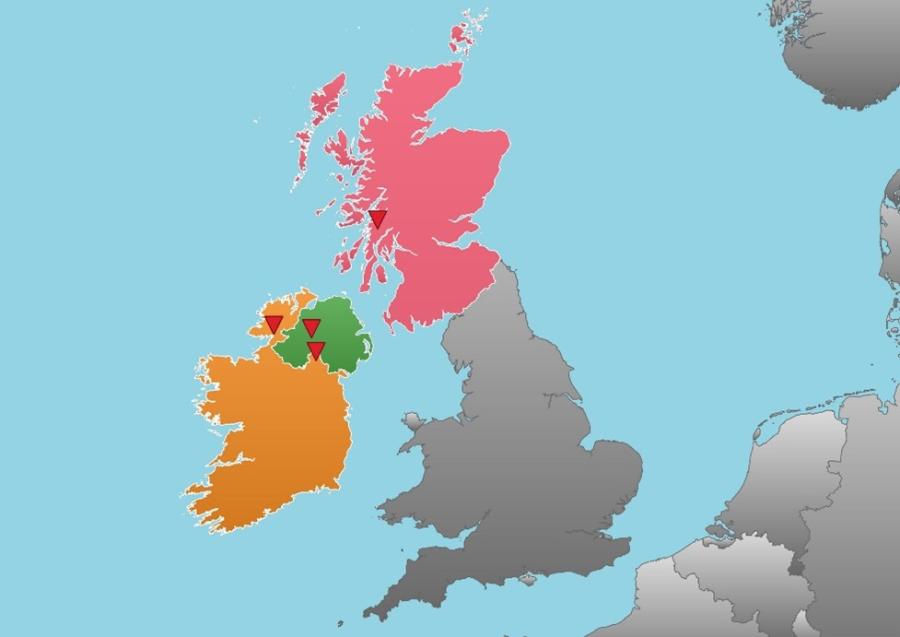What
The Republic of Ireland, Northern Ireland and Scotland face similar difficulties and challenges in terms of health care: lack of resources, long waiting lists, service provision in the context of an ageing population, rising obesity rates, and the impact of smoking, alcohol abuse and physical inactivity in socially deprived areas. These all lead to increasing demand for pre-hospital/acute services which, factoring in staff shortages, put a strain on acute care hospitals. Many of these hospitals lack the skills and infrastructure to cope with increasing patient numbers. and access to health services is even more difficult for people living in rural border areas, due to high levels of inequality. Sometimes, people need to travel long distances or travel to another jurisdiction to access healthcare services, which are often significantly different in terms of policy, structures, technology, and funding. These circumstances complicate a universal approach to cross-border health and social care services.
The ACUTE project aims to assess and treat higher volumes of patients more effectively at a local level before they go to an acute hospital, through improved service delivery models on a cross-border basis. A key activity of the project regards the establishment of a cross-border paramedic service, which will improve access to healthcare in rural regions. The project aims to train 338 paramedics and emergency medical technicians to provide primary healthcare and preventive services in a home environment, helping to lift pressure from emergency services and front-line ambulances in the programme area.
Who
The project is led by Cooperation and Working Together (CAWT), a partnership between the Health and Social Care Services in Northern Ireland and the Republic of Ireland, which facilitates cross-border collaborative working in health and social care. Project partners are the Northern Ireland Ambulance Service, the Scottish Ambulance Service and Ireland’s National Ambulance Service.
Where
The pilot areas include County Donegal and County Monaghan in the Republic of Ireland, County Tyrone in Northern Ireland, and Mid-Argyll in Western Scotland.

How
The total investment for the project “ACUTE – Connecting Services, Citizens and Communities – Acute Services” was € 9 985 220, with a European Regional Development Fund contribution of € 8 487 437 in the framework of the Interreg V-A Programme 2014-2020 United Kingdom-Ireland (Ireland-Northern Ireland-Scotland). The investment fell under the Health priority.
Results
Specialised training has been developed in partnership with Glasgow Caledonian University. The project has so far exceeded the target, with more than 700 health and social care providers receiving specialised training. The enhancement of services has been particularly beneficial to older patients with limited mobility and their families who may have difficulty travelling to a healthcare centre or acute hospital.
The added value of carrying out activities at a cross-border level is the enhanced collaboration and sharing of best practices between the three ambulance services, which has been a cornerstone of the project. For example, the Scottish Ambulance Service had already started training sessions in cooperation with the Glasgow Caledonian University, but the other two jurisdictions had never done training before. Thus, they can leverage the university’s experience to enhance knowledge exchange and skills. Moreover, the project provided all community paramedics with new vehicles designed and equipped to provide care to patients in their home.
The paramedic service has been recognised by RegioStars 2019 for its innovation and was shortlisted for the 2020 HSE Health Services Excellence Awards, which had a focus on the sharing of best practices and promoting shared learning.
More information
https://cawt.hscni.net/projects/eu-interreg-va-programme-2014-2020/acute-hospital-services/
- Log in om opmerkingen te posten
- Tags
- health

